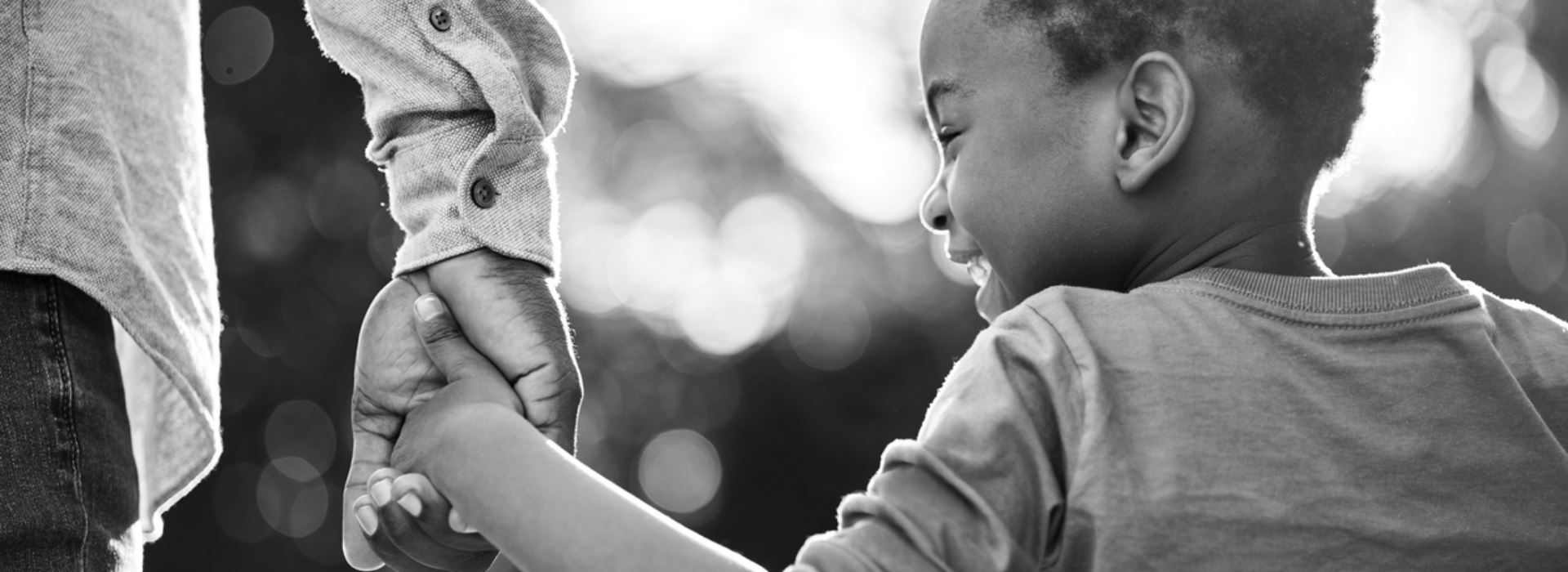As juvenile crime rates continue to rise, schools play a crucial role in addressing this issue through prevention and intervention programs. Criminal Defense 2.0 companies like Hisker Law Firm and PC understand the importance of implementing effective strategies within educational institutions to reduce juvenile delinquency and promote a safe learning environment for all students. This blog post will discuss the most effective school-based programs proven to prevent and address juvenile crimes and delinquency.
School Resource Officers (SROs)
School Resource Officers are law enforcement officers who work in schools to provide security, mentorship, and education on various topics related to crime prevention and safety. According to the National Institute of Justice, SROs effectively reduce crime rates and improve overall school safety. They serve as a deterrent to potential offenders and provide valuable resources to students and staff in addressing concerns related to criminal activity.
Positive Behavioral Interventions and Supports (PBIS)
PBIS is an evidence-based framework that improves school climate and promotes positive student behavior. This approach emphasizes teaching and reinforcing appropriate behaviors while addressing the root causes of misconduct. According to the Office of Special Education Programs Technical Assistance Center, schools implementing PBIS have seen significant reductions in disciplinary referrals, suspensions, and expulsions, decreasing juvenile crime rates.
Restorative Justice Practices
Restorative justice practices involve addressing conflict and wrongdoing through dialogue, accountability, and repairing harm rather than relying solely on punitive measures. These practices have been shown to reduce recidivism rates and improve relationships within the school community. The National Institute of Justice reports that restorative justice practices have effectively reduced suspensions, expulsions, and school-based arrests, ultimately decreasing juvenile crime rates.
Social-Emotional Learning (SEL) Programs
SEL programs teach students the skills to understand and manage their emotions, develop empathy, and maintain positive relationships. Research from the Collaborative for Academic, Social, and Emotional Learning has shown that students participating in SEL programs have better academic performance, improved behavior, and lower juvenile crime and delinquency rates.
After-School Programs
High-quality after-school programs provide students with a safe and structured environment during the critical hours when juvenile crime rates tend to peak. These programs often offer academic support, enrichment activities, and opportunities for positive social interaction. According to Youth.gov, participation in after-school programs has been linked to decreased juvenile crime rates and increased school attendance and academic achievement.
Schools play a vital role in addressing juvenile crimes through prevention and intervention programs. Implementing effective strategies such as School Resource Officers, PBIS, restorative justice practices, SEL programs, and after-school programs can significantly reduce juvenile delinquency and promote a safe learning environment for all students.
If you are facing charges related to juvenile crimes, it is crucial to seek legal representation from an experienced criminal defense attorney. At Hisker Law Firm, PC, we understand the importance of addressing the root causes of juvenile delinquency and are committed to providing our clients with the best possible defense.
Contact Hisker Law Firm, PC, today to discuss your case and learn more about our services!

